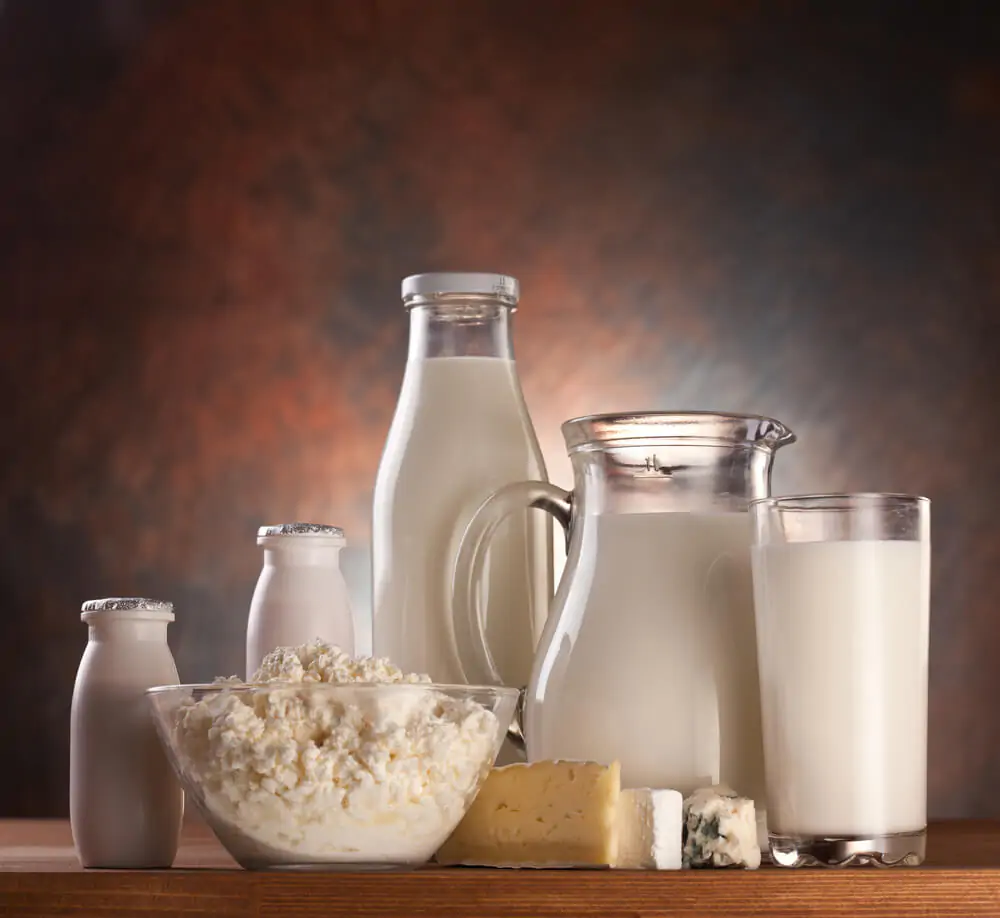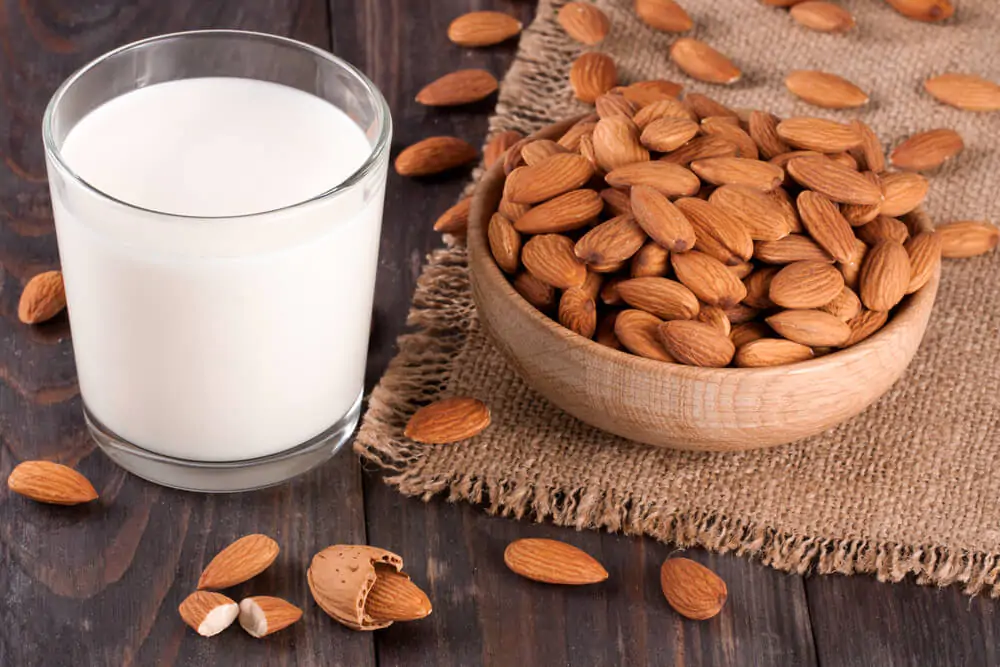The type of milk used for frothing matters. This article gives an overview of the subject and answers the salient question of which milk is best for frothing?

Coffee lovers do not agree on the best way to take coffee. A small and ever-shrinking minority and I am part of this group, believe in the joys and deliciousness of black coffee: straight-up: no sugar, cream, or milk. Most everyone else takes coffee with a drop of something else.
Frothed milk is the most popular coffee condiment. If you are a lover of milk with your coffee, and you like to make your brew at home, then you have no doubt learned to froth your milk.
Not all milk is good for frothing. This article will discuss the milk types that are.
Which Milk Is Best For Frothing? The Five Best Choices

The kind of milk you froth for your coffee will determine your enjoyment of it. Here are the five best types of milk for frothing:
1. Soy Milk
Soy milk is a non-dairy milk alternative most favored by professional baristas and coffee lovers throughout the world. It is affordable and widely accessible.
Soy milk can generate foam that is as good or even better than dairy milk. It has a smooth and creamy texture and a neutral flavor which means you will still be able to taste your coffee.
The only downside to soy milk is that some types of it curdle when they come into contact with hot coffee. It is the acidity of the latter that causes this.
2. Almond Milk

This milk produces a rich foam when frothed, which is why it is so commonly used for lattes. Almond milk has a high-fat content that makes it froth up like dairy milk.
There are sweetened and unsweetened versions of it. Unfortunately, it also has the same high temperature-acidity problem as soy milk.
3. Coconut Milk
Coconut milk has a thick texture and punchy flavor. Because it has a dense consistency, it will not water down your coffee.
Some milk-loving coffee drinkers do not like coconut milk owing to its sweet and distinctive flavor. They believe it overpowers the taste of the original brew.
The froth produced by coconut milk is also less dense and has much larger bubbles than dairy milk.
4. Whole Milk
Nothing produces foam like whole milk. It generates froth of a thick texture and authentic taste. It contains the perfect balance of proteins, sugar, fat, and water to always give you the best milk froth possible.
You never have to worry about whole milk froth that is too overpowering or creamy. Its creaminess is consistent enough to make the experience of drinking the actual coffee enjoyable.
Perhaps the best thing about whole milk is that it is inexpensive and available everywhere. One of the greatest downsides to it is the calories. If you are health conscious or struggle with your weight, using whole milk in your coffee will not help matters.
However, all is not lost for people who want to enjoy the benefits of whole milk froth and still control their calorie intake. The number of calories in any particular type of whole milk depends largely on the cow it comes from and how it is fed. It is possible to find brands that extract milk from much healthier cows.
5. Skimmed Milk
Then there is skimmed milk, which is essentially whole milk with all the fat content removed. The protein in skimmed milk is higher, and it produces foamier froth with larger air bubbles.
The froth in skimmed milk is lighter and a little airer than that found in whole milk. It is also somewhat lacking in flavor.
However, there are two benefits to frothing skimmed milk for your coffee. The first is that it contains a substantially reduced calorie load. The second is that it is much easier to froth than whole milk.
